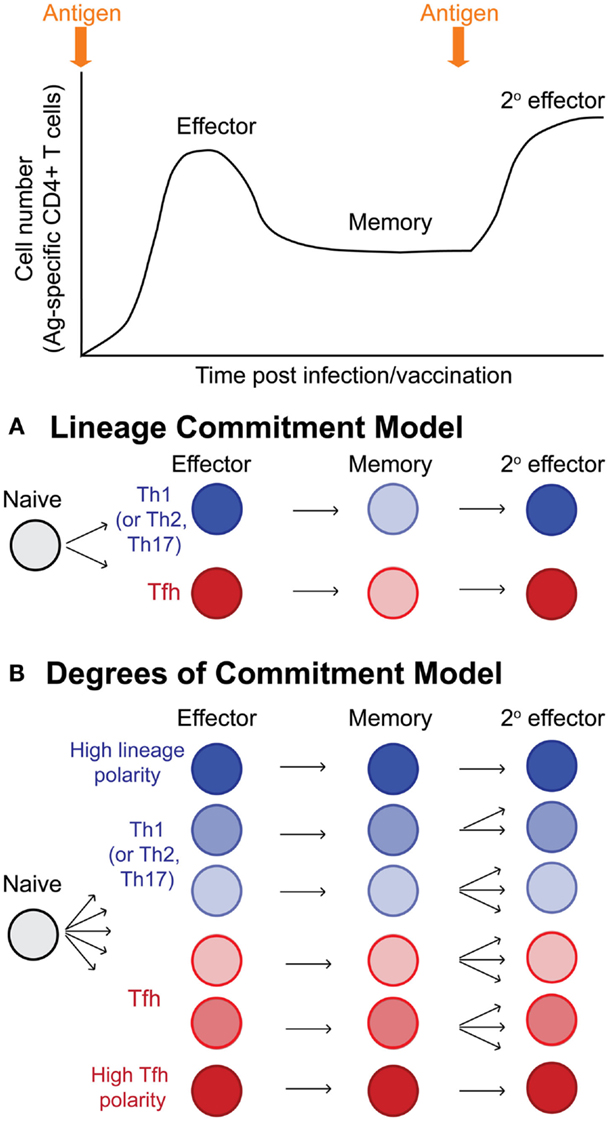The Significance of Family: Building Foundations for Life
The fundamental role of family in human development
Family represent the first social unit we encounter. These initial relationships shape our understanding of the world and form the foundation for our emotional, psychological, and social development. The family unit, in its various forms, serve as our primary source of belong, security, and identity formation.
Research systematically show that children raise in supportive family environments develop stronger emotional regulation skills, better cognitive abilities, and healthier attachment patterns. These early experiences create neural pathways that influence how we process emotions and relate to others throughout our lives.
Family as a support system
One of the well-nigh valuable aspects of family is the unconditional support system it provides. Family members oftentimes represent our first and virtually reliable safety net during challenge times.
This support manifest in multiple ways:
- Emotional support Have people who listen, understand, and validate our feelings
- Practical assistance Help with daily needs, financial support, and resource sharing
- Guidance Access to wisdom, advice, and perspective from different generations
- Stability A consistent presence through life’s ups and downs
During personal crises, health challenges, or major life transitions, family oftentimes provide crucial support that help individuals recover and adapt. This safety net reduce stress and create resilience that extend into other areas of life.
The family as a learning environment
Families function as our first classroom, where we learn essential life skills and values. Within this intimate setting, we develop:
- Communication skill
- Conflict resolution abilities
- Empathy and emotional intelligence
- Cultural traditions and practices
- Moral frameworks and ethical principles
- Practical life skills
These lessons occur through both direct instruction and observation. Children watch how family members interact, resolve disagreements, express emotions, and navigate challenges. These observations form templates for their own behavior and relationships.
Studies show that children who participate in regular family discussions about values, ethics, and social issues develop stronger critical thinking skills and moral reasoning abilities. These family conversations help young people develop their own ethical compass.
Identity formation and belonging
Family play a critical role in help us understand who we are. Our sense of identity develop part through family stories, share history, and cultural heritage. Family narrative that span generations give us context for our own lives and help us feel connected to something larger than ourselves.
The sense of belong that come from family connections satisfy a fundamental human need. Know we have a place where we’racceptedpt and value provide psychological security that support healthy development and advantageously being.
Research in developmental psychology confirm that a strong sense of family identity correlate with higher self-esteem, better academic performance, and greater resilience in children and adolescents. When young people understand their family history and feel connected to their roots, they develop a stronger foundation for navigate their own future.
Family as a buffer against social challenges
Strong family relationships provide protection against many social problems. Research systematically show that supportive family environments correlate with:
- Lower rates of substance abuse
- Reduced risk of mental health issues
- Better academic outcomes
- Lower likelihood of engage in risky behaviors
- Greater career success
- Healthier romantic relationships
This protective effect work through multiple mechanisms. Family support reduce stress levels, provide early intervention for emerge problems, offer positive role models, and create accountability. Level during adolescence, when peer influence increases, family remain a powerful protective factor.
Evolving family structures
The definition of family continues to evolve. Modern families take diverse forms, include:
- Traditional nuclear families
- Single parent households
- Blended families
- Extended family arrangements
- Same sex parent families
- Adoptive and foster families
- Multigenerational households
Research show that family structure matter less than family function. What create positive outcomes is not a specific family configuration but quite the presence of love, consistent relationships, clear boundaries, effective communication, and mutual support.
This understanding help us move beyond narrow definitions of family to recognize and support the diverse ways people create meaningful family connections.
Family relationships and health outcomes
The quality of family relationships importantly impact physical and mental health. Numerous studies link positive family dynamics with:
- Lower blood pressure and reduce risk of cardiovascular disease
- Stronger immune function
- Better stress management
- Lower rates of depression and anxiety
- Longsighted lifespan
- Faster recovery from illness and surgery
These health benefits stem from multiple sources. Supportive families oftentimes encourage healthier behaviors, provide practical assistance during illness, reduce chronic stress, and offer emotional comfort that activate positive neurological and hormonal responses.
The health impact of family relationships extend across the lifespan. From infancy through old age, close family connections correlate with better health outcomes and improve quality of life.
Family as economic and social capital
Families represent important economic and social resources. Within families, members share:

Source: infographicaday.com
- Financial resources and practical support
- Housing and living arrangements
- Childcare and elder care
- Social connections and network opportunities
- Information and advice
This resource sharing create efficiency and security. Extended family networks oftentimes provide crucial support during economic hardships, help members weather financial challenges that might differently lead to homelessness or extreme poverty.
Family connections besides facilitate social mobility. Access to family resources, networks, and support oftentimes make educational advancement and career development possible. This social capital represents an important but oftentimes overlook aspect of family importance.
Intergenerational connections
Family create unique opportunities for intergenerational exchange. These cross age relationships benefit everyone involve:
- Older generations share wisdom, perspective, and cultural knowledge
- Middle generations provide active support and maintain family connections
- Younger generations offer energy, new perspectives, and technological knowledge
Grandparent grandchild relationships hold special significance. Research show these connections benefit both parties, give grandchildren additional adult support and give older adults purpose, joy, and connection.
These intergenerational bonds besides preserve cultural traditions, family stories, and historical knowledge that might differently be lost. They connect us to our past while help us prepare for the future.

Source: transferandpostings.in
Navigate family challenge
While families provide tremendous benefits, family relationships can besides present significant challenges. Family dynamics sometimes include conflict, miscommunication, boundary issues, or eventide harmful behaviors.
Healthy families aren’t perfect families. They’re systems that can acknowledge problems, adapt to challenges, and work toward positive change. The ability to navigate difficulties unitedly oftentimes strengthen family bonds quite than weaken them.
Key skills for healthy family functioning include:
- Open, honest communication
- Respect for individual differences
- Flexibility and adaptability
- Appropriate boundaries
- Conflict resolution skill
- Forgiveness and repair after ruptures
Learn these skills benefit all family members and create patterns that can extend into future generations.
Building and strengthen family bonds
Strong family relationships require intentional effort. Research back strategies for strengthen family connections include:
- Regular quality time Consistent, undistracted time unitedly build connection
- Family rituals and traditions Regular practices that create meaning and belong
- Shared meals Eat unitedly provide opportunities for communication and connection
- Express appreciation Regularly acknowledge family members’ positive qualities and contributions
- Support individual growth Encourage personal development while maintain connection
- Create a positive emotional climate Cultivate warmth, humor, and affection
These practices don’t require perfection or elaborate planning. Simple, consistent efforts to connect frequently have the virtually significant impact on family relationships.
Family in a change world
Modern families face unique challenges, include:
- Geographic dispersion and long distance relationships
- Work-life balance pressures
- Digital distraction and screen time management
- Economic pressures and financial stress
- Quickly change social norms
Despite these challenges, families continue to adapt and find new ways to maintain connection. Technology forthwith allows families to stay connected across distances. Flexible work arrangements help parents balance professional and family responsibilities. And evolve social attitudes create space for more diverse family structures.
The core functions of family — provide love, support, identity, and belong — remain essential eve as the specific forms and practices of family life continue to evolve.
The societal impact of strong families
The importance of family extend beyond individual benefits. Strong families contribute to community and societal intimately being in numerous ways:
- Raise substantially adjust, productive citizens
- Provide care for vulnerable members that would differently require public resources
- Build social cohesion and community connection
- Transmit cultural values and practices
- Create intergenerational support systems
Research systematically show that communities with strong family networks have lower crime rates, better educational outcomes, and higher levels of civic engagement. This make family advantageously being not equitable a private concern but a public good worth support through policy and community practices.
Conclusion
Family represent one of our almost fundamental human connections. These relationships provide the foundation for individual development, emotional well-being, and social functioning. Through families, we learn essential skills, develop our identities, receive crucial support, and experience belong.
While family structures continue to evolve, the core functions of family remain irreplaceable. The security, love, and connection provide by healthy family relationships contribute importantly to personal happiness and societal intimately being.
Understand the profound importance of family help us appreciate these relationships and invest in strengthen the family bonds that sustain us. Whether by birth, marriage, adoption, or choice, our family connections represent some of life’s virtually meaningful and consequential relationships.
MORE FROM grabscholarships.de













